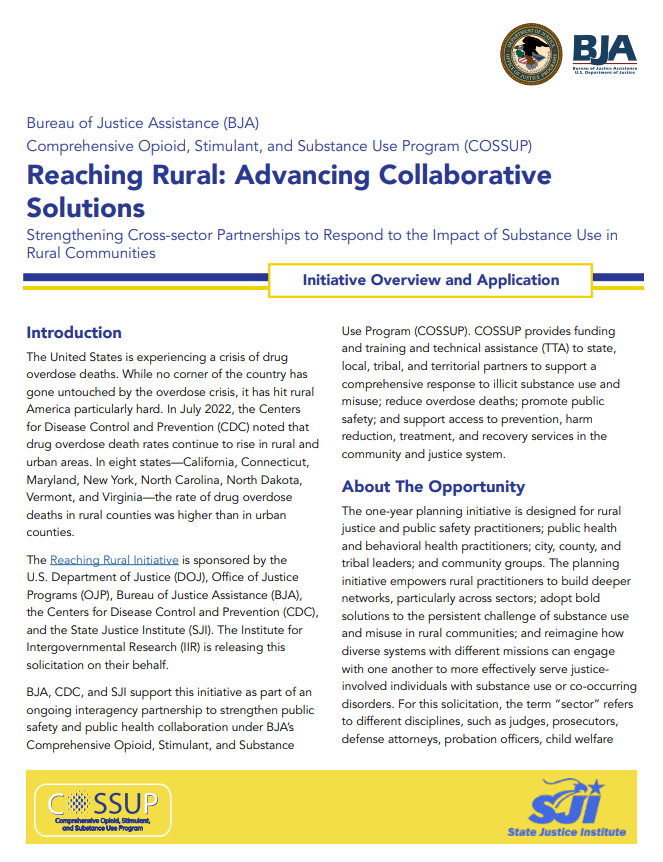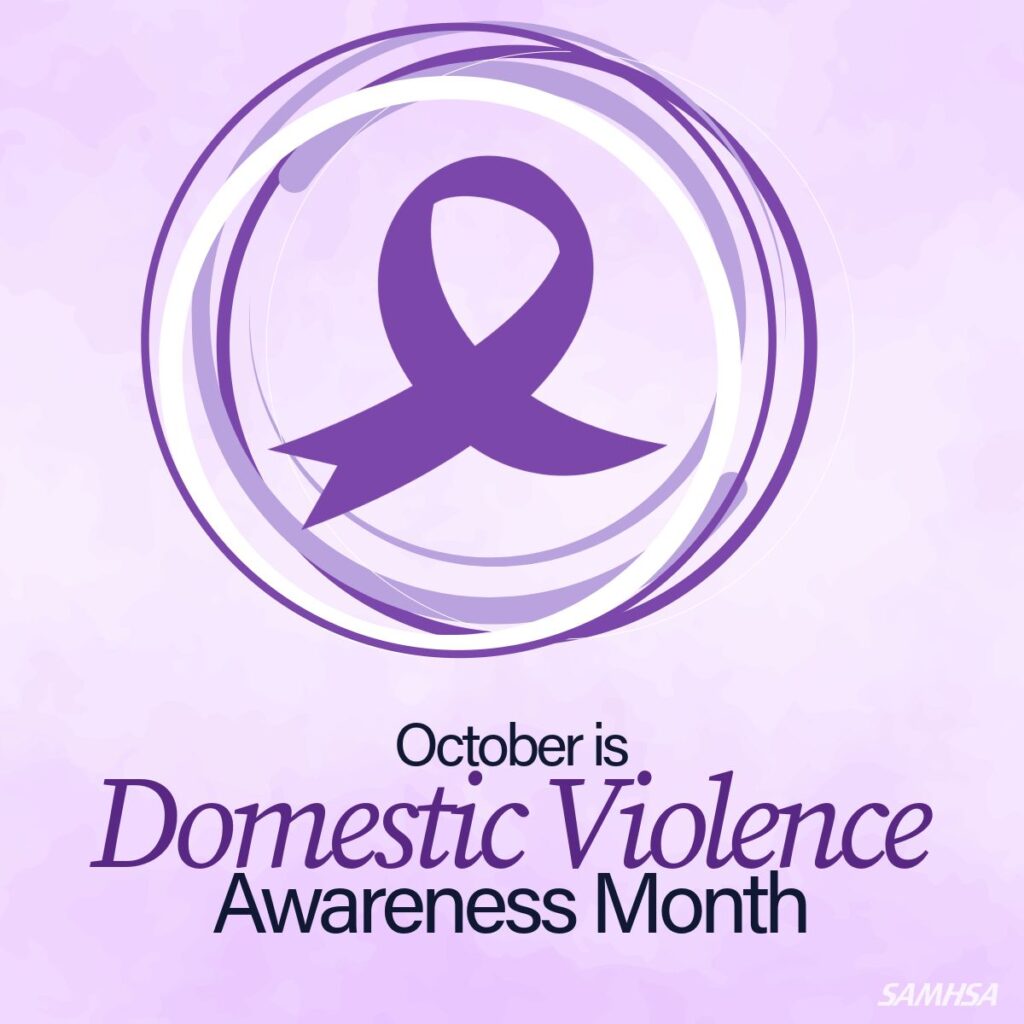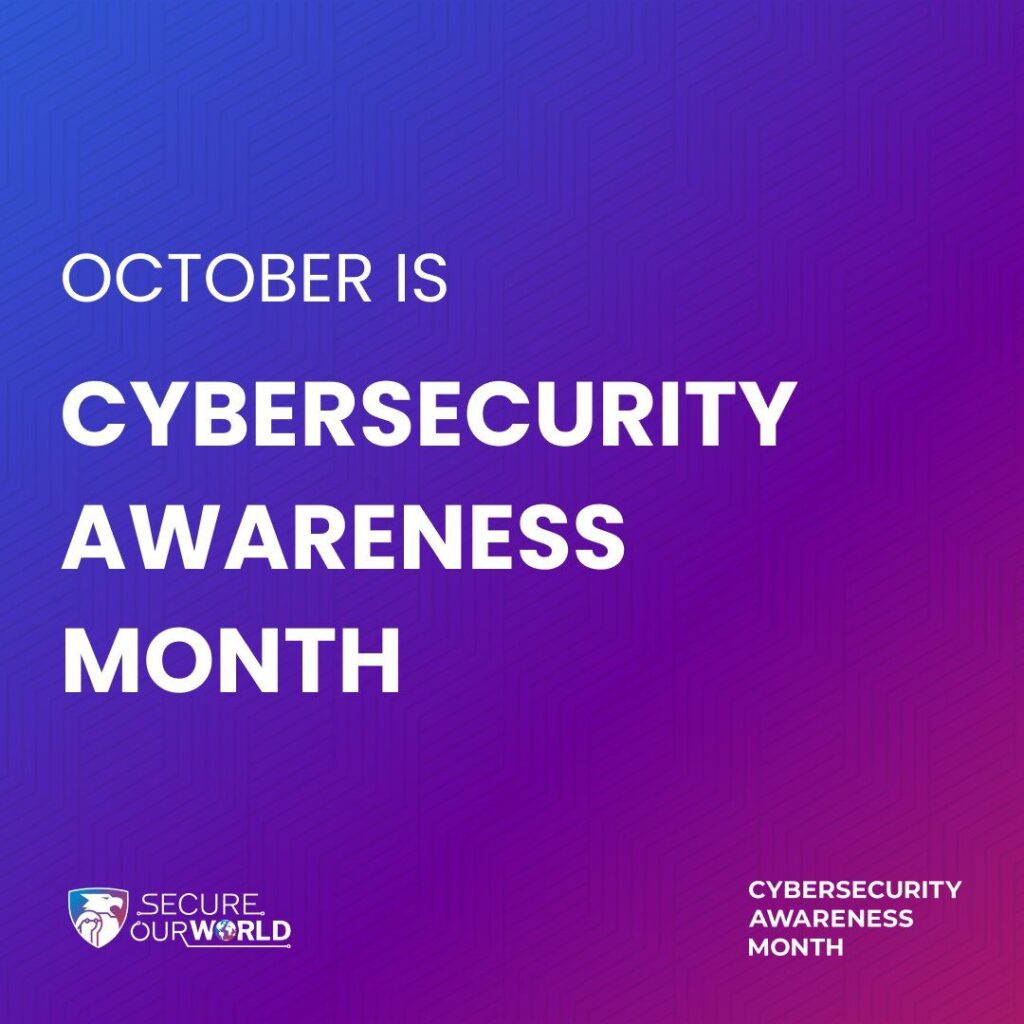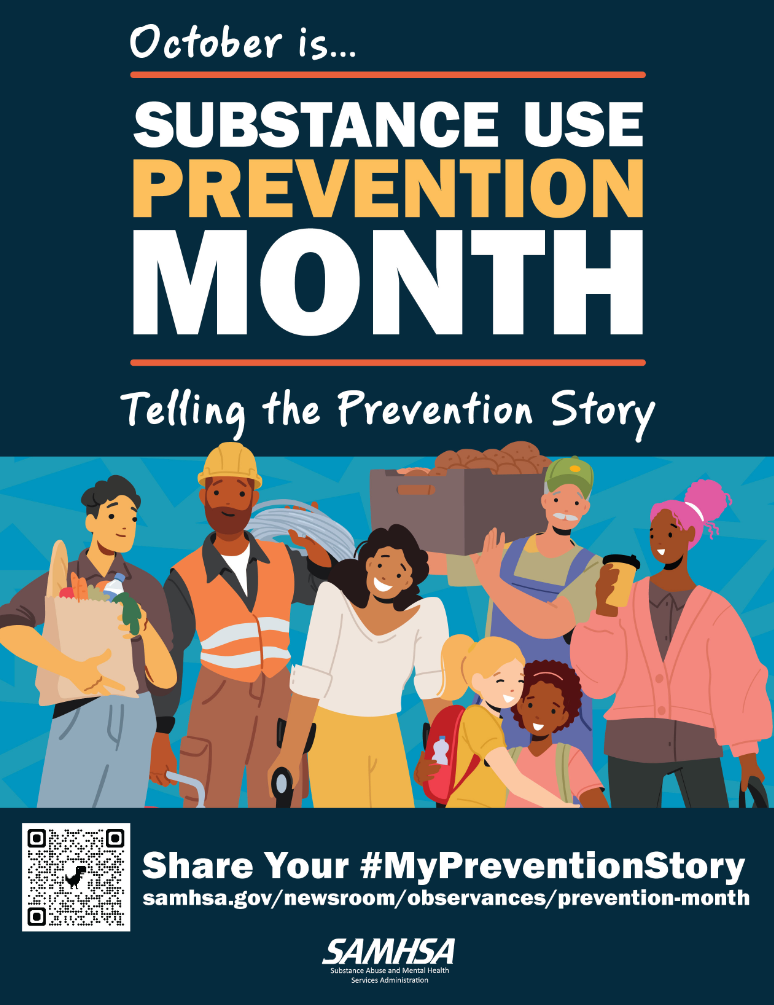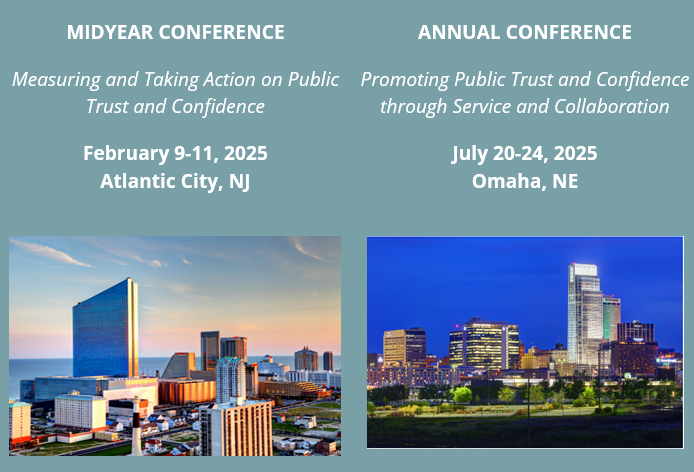Funded by the State Justice Institute, the Institute for Intergovernmental Research (IIR) led a site visit to Dayton, Ohio where three teams of justice practitioners, treatment providers, and representatives from the court and child-welfare systems from across the country experienced Dayton’s cross-sector collaboration approach to addressing substance use disorder (SUD) in their community. This site visit came out of the report Cross-Sector Collaboration Between Law Enforcement, Courts, Child Welfare, and Schools to Address the Impact of Substance Use published in 2023 by SJI along with the Bureau of Justice Assistance’s (BJA) Comprehensive Opioid Stimulant and Substance Use Program (COSSUP), that highlighted “eight key ingredients” to successful cross-sector collaboration across law enforcement, child welfare, courts, and schools. These eight keys were based on information gathered through a questionnaire and interviews with 12 different communities. Dayton, Ohio, was one of these communities and was chosen for this site visit to showcase their strong cross-sector relationships and programs that have successfully addressed SUD and positively impacted their larger community.
During the site visit, teams participated in several listening sessions to include panels comprised of representatives from the Dayton Police Department, East End Community Services, Wright State University, Dayton Fire Department, Family Treatment Court, Certified Peer Supporters, Montgomery County Public Health, Dayton Camp Mariposa, and the Montgomery County Sheriff’s Office. Topics included a history of cross-sector collaboration to reduce the impact of SUD, incorporating peers with lived experience in post-overdose outreach, supporting families and children using the family treatment court model, research and evaluation, and key ingredients for successful cross-sector collaboration.
Attendees also had the opportunity to experience two of Dayton’s unique and successful programs first-hand. Conversations for Change (C4C) is a community event that takes place every other month to bring information about treatment and other resources to community members struggling with SUD. A C4C event typically includes a motivational speaker with lived experience, discussions about various relative topics, training and distribution of harm reduction methods, information about treatment, and other necessary recovery resources. Teams were able to attend one of these events while on the site visit. They also partnered with the Montgomery County Sheriff’s Office, Certified Peer Supporters, treatment providers, and other volunteers to go on a GROW (Get Recovery Options Working) Blitz. During the Blitz, attendees along with their assigned team went door to door in the community to provide resources, education, and linkage to services for anyone they encountered.
SJI, IIR, and Mtn Craft produced a video during the site visit to showcase the inspiring work Dayton-Montgomery County is doing to serve as a resource for communities across the country. This video is available on the COSSUP resource center at https://www.cossup.org/ResourceLibrary/Details/fff92dae-06f3-4be5-9ad3-89906f07ccd8.


